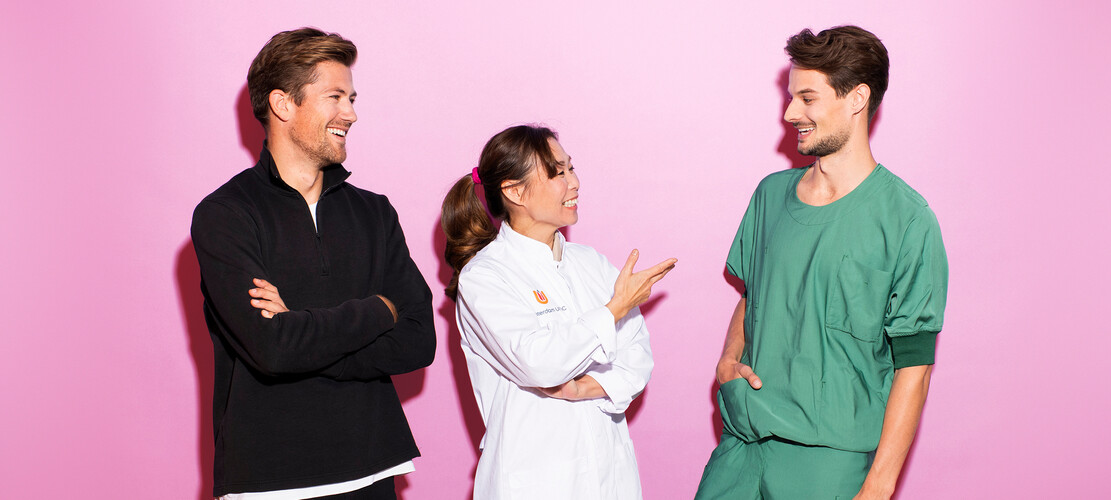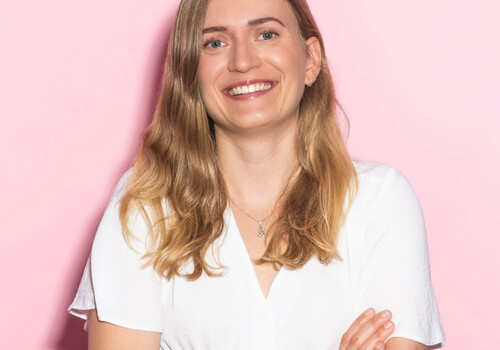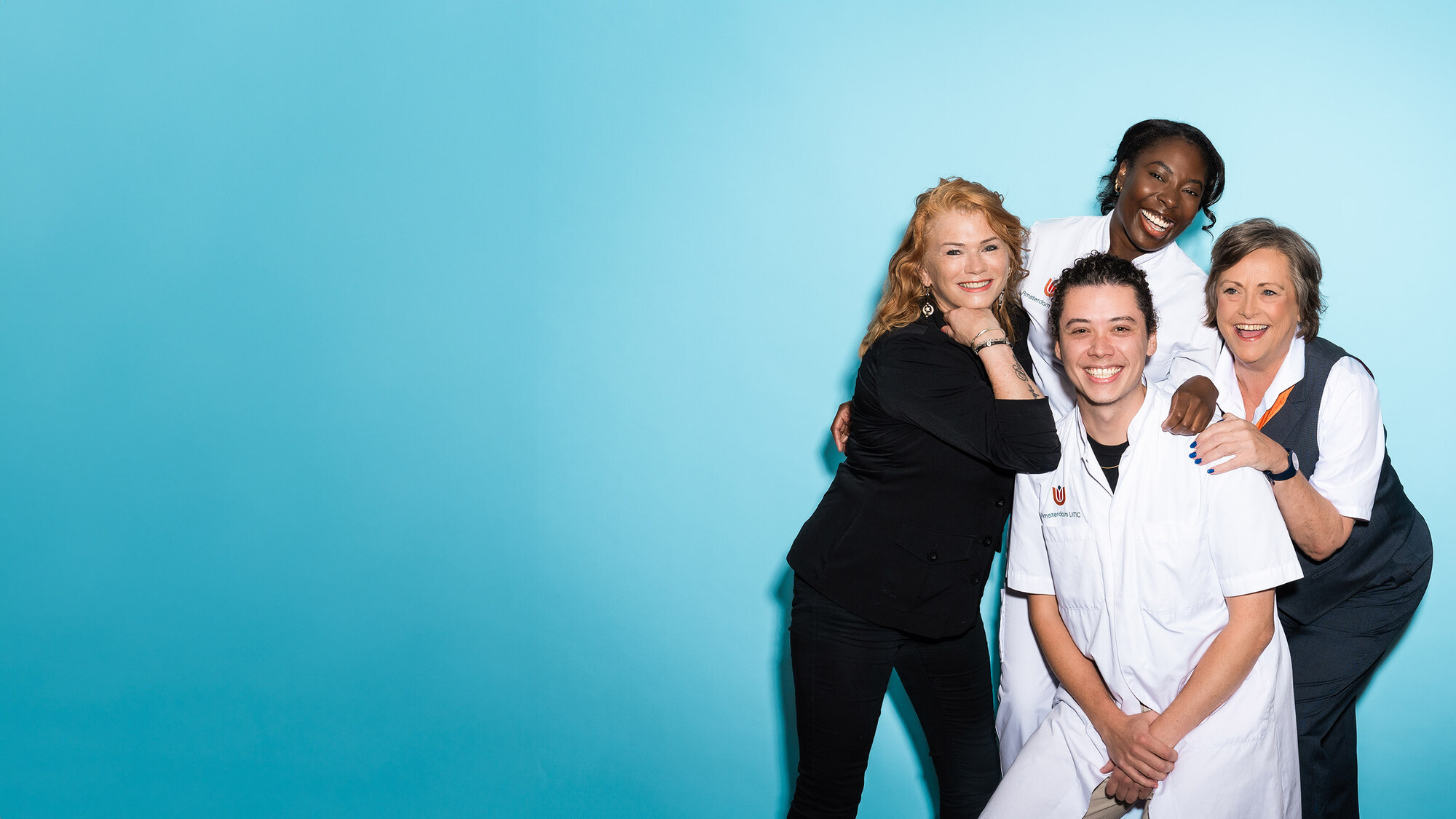
PhD position on deep learning for quantitative MRI
Quantitative MRI is a PICNIK with Physics-Informed data Consistent Neural Implicit K-space representations.
In this project, you will substantially improve quantitative magnetic resonance imaging (MRI) image quality using deep learning approaches. Quantitative MRI allows healthcare providers to quantitatively assess and characterize the state of a tumour and its microenvironment. This information can be used to personalize cancer treatments. For example, a well-perfused tumour (quantified with MRI) will be more likely to react to chemotherapy than a tumour that is not perfused, as the chemo will need to reach the tumour. As personalizing a treatment based on such biomarkers can substantially improve the efficacy of the treatment, we have multiple research lines that utilize quantitative MRI at Amsterdam UMC.
However, current quantitative MRI approaches have notoriously poor image quality, low resolution and poor precision. Consequently, quantitative MRI is not used routinely in cancer care. If we can improve the image quality of quantitative MRI, it can be used in clinical routine to select the optimal treatment for each patient, greatly improving treatment outcomes worldwide.
Therefore, in this PhD project, you will fundamentally change how quantitative MRI is obtained and develop innovative AI approaches for generating quantitative MRI images from raw MRI data. This will open the way to personalized treatments. These AI-driven frameworks will be tailored to suit the specific needs of quantitative MRI. In particular, we will use physics-informed neural-implicit k-space representations. By studying k-space (Fourier domain of the image in which the acquisition is performed) samples from over the entire time series, a neural-implicit representation can infer what the full k-space should look like at any given time. This way, we will achieve an image quality of quantitative MRI as if conventional MRI were being acquired. The project will balance between advanced deep learning methods and MRI reconstruction.
Your main task will be to implement, optimize and test new approaches to AI-driven quantitative MRI.
- You will work in our multi-disciplinary team, including AI-experts, MRI-physics experts, and clinical experts.
- You will conduct new academic research combining machine learning and medical physics.
- Your research will be published in reputable peer-reviewed journals. Additionally, you will regularly present your work at (international) conferences and assist in relevant teaching activities.
In this role, you will apply your technical expertise to improve healthcare. You are able to learn and understand the technical details of MRI acquisition and reconstruction and advanced deep learning. You must:
- have an MSc degree in Artificial intelligence, (Medical) Physics, or a similar study (please state your average grade and most relevant courses);
- have programming experience in Python;
- have English communication, presentation, and writing skills;
- have an interest in health care and, in particular, MRI;
- be highly motivated and creative.
Additionally, we value experience with machine learning (i.e. in PyTorch or Tensorflow) and experience with MRI and MR-physics.


- A flying start to your career in scientific research.
- Plenty of room for your drive to shape tomorrow's healthcare.
- Working on large-scale and in-house research, with motivated colleagues from all over the world.
- You will be employed by Amsterdam UMC Research BV.
- A contract for 12 months, with the intention to extend for a total of 4 years. The Guideline PhD contract applies to this vacancy.
- Salary scale OIO: € 3.108 to € 3.939 gross based on full-time employment (depending on education and experience) and a year-end bonus of 8.3%. Calculate your net salary here.
- Holiday hours: 190.4 per year for fulltime and a possibility to save additional hours.
- Pension accrual with BeFrank, a modern, comprehensible and fairly priced pension.
- For >7 km each way, 100% reimbursement for public transport travel costs and, for private transport, €0.18 per km up to a maximum of 40 km each way.
- Do you prefer walking or cycling? Take advantage of our good bike scheme. Moreover, you will receive a reimbursement of €0.18 per km.
Watch this video with more information about joining Amsterdam UMC Research BV.
You will be part of the Quantitative Abdominal and Oncological MRI Amsterdam (QAOMA) group at Amsterdam UMC (Quantitative Abdominal and Oncological MRI Amsterdam – MRI). The QAOMA research group is an energetic and enthusiastic team of roughly 10 PhD candidates and postdocs, and part of the MR-Methods Research group (roughly 50 PhD/Postdocs: MRI – Research Amsterdam UMC). The MRI-physics group is part of the Department of Radiology and Nuclear Medicine.
Dr. Oliver Gurney-Champion, dr. Matthan Caan and dr. Martin Oswald will be the promotor and co-promotors. Dr. Gurney-Champion is an associate professor who runs the QAOMA group within the Radiology and Nuclear Medicine department. Dr. Caan is an assistant professor who runs a group on deep learning for medical imaging in the Biomedical Physics department. dr. Oswald is an assistant professor at the Computer Vision lab in the UvA.
At Amsterdam UMC, we are equipped with 10 state-of-the-art 1.5/3 Tesla MRI scanners and a 7 tesla MRI scanner. We have reserved MRI research hours on most scanners.
Working at Amsterdam UMC means working in an inspiring and professional environment in which developing one`s talents and skills are encouraged. As a PhD candidate, you have access to the Graduate School to further develop your skills.
Amsterdam UMC Research BV supports non-profit scientific research. In doing so, we provide researchers with everything they need to excel. Our principal investigators (PIs) and project leaders offer support in the field of project management, finance and human resources. In medical scientific research projects, legal support is also provided.
Watch the video to find out more.
During the publication period, applications will be handled continuously. If the vacancy is filled, it will be closed prematurely.
If you have any questions about this position or want an informal chat about the project, please feel free to contact Dr. Oliver J. Gurney-Champion, assistant professor, via o.j.gurney-champion@amsterdamumc.nl.
For more information about the application procedure, please contact Rhiannon Sandfort, recruitment advisor, via r.e.sandfort@amsterdamumc.nl.
A reference check, screening and hiring test may be part of the procedure. Read here whether that applies to you. If you join us, we ask you for a VOG (Certificate of Good Conduct).
Internal candidates will be given priority over external candidates in case of equal suitability.
Acquisition in response to this vacancy is not appreciated.

